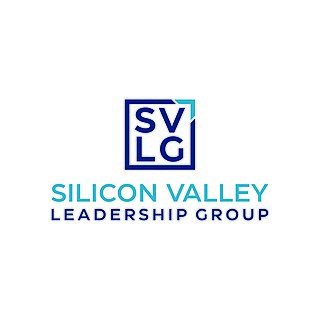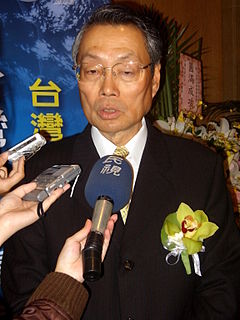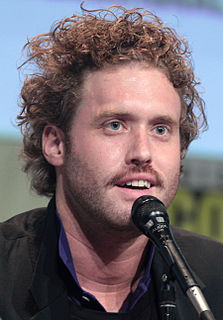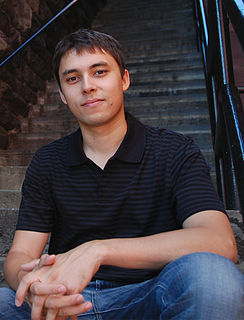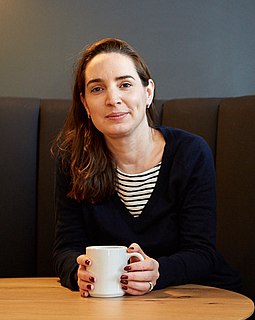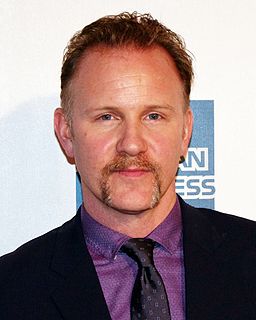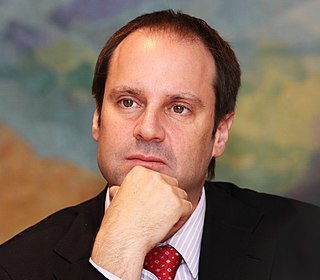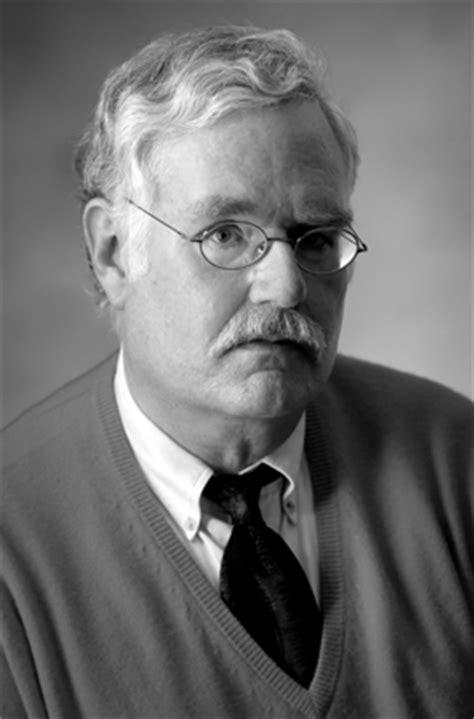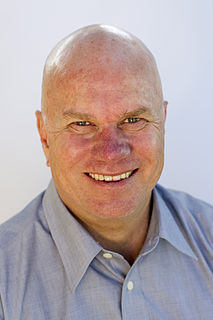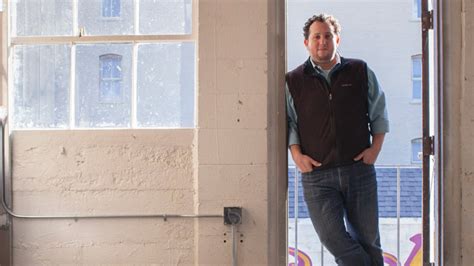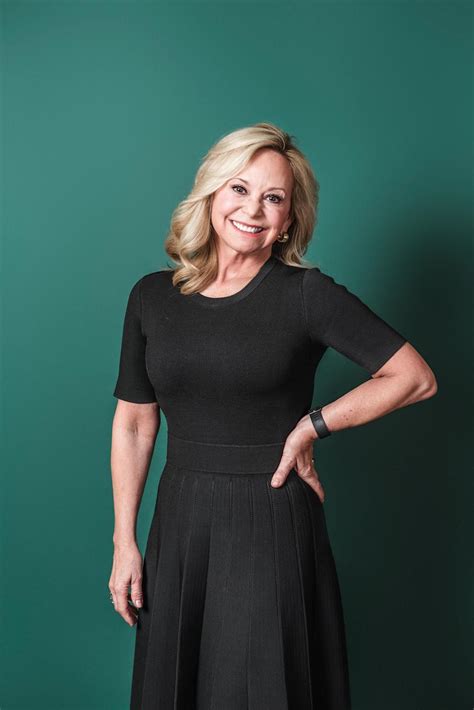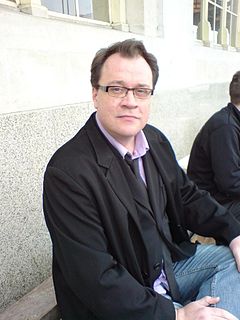Top 524 Silicon Quotes & Sayings - Page 8
Explore popular Silicon quotes.
Last updated on April 20, 2025.
Success in Silicon Valley, most would agree, is more merit-driven than almost any other place in the world. It doesn't matter how old you are, what sex you are, what politics you support or what color you are. If your idea rocks and you can execute, you can change the world and/or get really, stinking rich.
The Silicon Valley Manufacturing Group strongly supports green-line policies, because the only way to attract top level employees and their families is to protect the region's open space and environment. We want to build a community that is demonstrates smart growth rather than a model for L.A.-type growth.
Because I had visited Silicon Valley, I recognized the microprocessor was going to lead the second industrial revolution. We Chinese could not miss that opportunity again - we missed the first industrial revolution already. We put our effort into trying to bring this new technology from the United States to Taiwan. That was the begining of Acer.
In the '80s, society created a caricature of what a hacker or a programmer looked like: a guy wearing a hoodie, drinking energy drinks, sitting in a basement somewhere coding. Today, programmers look like the men we see in the show 'Silicon Valley' on HBO. If you look at the message girls are getting, it's saying, 'This is not for you.'
I was doing stand-up at the Improv and when the host introduces you, 'OK, the next comedian, you've seen him on 'Silicon Valley.' People always clap. They really watch the show and they are fans of it. And then they said, 'You are also going to see him in 'Crazy Rich Asians,' and I did not expect this, but the applause was even louder.
A big factor is that the enthusiast camp's values are really rooted in Silicon Valley and in these supposedly new business models. But again, I think this such an interesting moment because things like the NSA revelations are really forcing people to recognize the connections between corporate and government surveillance.
I live a half mile from the San Andreas fault - a fact that bubbles up into my consciousness every time some other part of the world experiences an earthquake. I sometimes wonder whether this subterranean sense of impending disaster is at least partly responsible for Silicon Valley's feverish, get-it-done-yesterday work norms.
In 'Blade Runner,' the here is quite enough: a vision of dark, cramped, urban squalor. This is Los Angeles in the year 2019, when most of the earth's inhabitants have colonized other planets, and only a polyglot refuse heap of humanity remains. Los Angeles is a Japanized nighttown of sleaze and silicon, fetid steam, and perpetual rain.
Of course, the Clintons are not only corrupt but cynical as well. They accept that the progressive media, the foundations, the universities, the bureaucracies, Hollywood, and Silicon Valley honor power more than trendy left-wing politics; they well understand that their fans will, for them, make the necessary adjustments to contextualize Clinton criminality or amorality.
People always think of technology as something having silicon in it. But a pencil is technology. Any language is technology. Technology is a tool we use to accomplish a particular task and when one talks about appropriate technology in developing countries, appropriate may mean anything from fire to solar electricity.
Some people in Silicon Valley are as bad as the 'Koch Brothers', you know? Don't be mistaken. For every some of those, though, you get people who come up with something like 'Leafly', which does what 'Yelp' has done, but in a much more specific way, and it's important because it's the dawn of this new era.
In Silicon Valley, there are a lot of startups using computer vision for agriculture or shopping - there are a lot for clothes shopping. At Baidu, for example, if you find a picture of a movie star, we actually use facial recognition to identify that movie star and then tell you things like their age and hobbies.
When I was in high school and college, I'd always been into websites, and when you'd read about sites and the companies and people behind them, they were always in Silicon Valley. This one's in Mountain View, this one's in Palo Alto. They're all right here. I knew I wanted to move out here, whether it was to work at Google or some other company.
I would still rather be in Silicon Alley. I like the West Coast also, but it's sort of fragmented. You have companies in downtown San Francisco, companies in Mountain View, and people are driving between them all. It's kind of nice in New York to just jump in a cab and reach another company so easily.
The institutions that we've built up over the years to protect our individual privacy rights from the government don't apply to the private sector. The Fourth Amendment doesn't apply to corporations. The Freedom of Information Act doesn't apply to Silicon Valley. And you can't impeach Google if it breaks its 'Don't be evil' campaign pledge.
Elon Musk is talking about silicon nanoparticles pulsing through our veins to make us sort of semi-cyborg computers. But why not take a noninvasive approach? I've been working and trying to think and invent a way to do this for a number of years and finally happened upon it and left Facebook to do it.
The thing we should all be looking for are people who want to make a difference. I'm a big believer in the Silicon Valley religion of the power of markets. But I also believe in our obligation to give back, and to give back in the way we do business, to create more value than we capture for ourselves.
In fact we put so many things in our mouths we constantly have to be reminded what not to eat. Look at that little package of silicon gel that's inside your sneakers. It says DO NOT EAT for a reason. Somewhere sometime some genius bought a pair of sneakers and said Ooooh look. They give you free mints with the shoes
When you're an actor who just got his first big chunk of change, and you're like, 'What do I do with it?' you try to look at Silicon Valley, and the learning curve is so huge. Especially on the investor side. I don't want to say it's like Vegas, in a sense, but you do kinda roll the dice on some companies. It's like educated dice rolling.
I believe that Silicon Valley is truly a place of excellence and the impact of this tiny community on the world is completely disproportionate to its size. We are the undisputed leaders of technological change. But with our abundance of talent and resources, we also have the opportunity to be the pioneers of social change and, ultimately, this may be our greatest contribution.
There are fun parts of running a startup and not so fun parts, and Facebook handles the not so fun parts, like infrastructure, spam, sales. The real questions are, how big can 'Instagram' get? Is it 400 million, or bigger? Can it be a viable business if it is that big? These are at the top of the list for everyone in Silicon Valley.
Silicon Valley companies need to be asked to bring the best and brightest, the most recent technology to the table. I was asked as a CEO. I complied happily. And they will as well. But they have not been asked. That's why it cost billions of dollars to build an [Barack] Obama website that failed because the private sector wasn't asked.
The first human-to-computer uploads of 2100 will prove that a perfect simulation is the thing being simulated - that a silicon soul doesn't need a physical body to inhabit. So eventually everybody who ever lived will be resurrected inside a living machine indistinguishable from God. Isn't it amazing what you can do with unlimited hard-disk space?
I remember when being a 'a company man' was a badge of honor; today in Silicon Valley it may brand you a loser or, in the best case scenario, someone afraid to take risks. Ten years ago, if you saw a resume that had multiple jobs in ten years, you would be worried about the capability of the individual. Not so now.
It's jarring to live in a world where every person feels his life will only get better when you came from a world where many rightfully believe that things have become worse. And I've suspected that this optimism blinds many in Silicon Valley to the real struggles in other parts of the country. So I decided to move home to Ohio.
The perception in Silicon Valley is that if you dress well, you couldn't possibly be smart, or you're in P.R. but couldn't possibly run a company. I remember briefly attempting the Adidas and jeans and sweatshirt over T-shirt look, but I realized I was trying to dress like a young tech geek, and that just wasn't me.
Running a successful, growing company in Silicon Valley can create an ironic sort of depression and delusion. The better you're doing, the higher the stakes, and higher expectations for you to win. Maybe that's why people say it's so hard. But that doesn't make it hard. That just makes it distracting.
The Silicon Valley companies are not understating that they are so politically and socially and culturally central in the world. They would probably never have thought that they would become like this. But now that they are, what are they gonna do about it? I have a lots of friends who work in these companies: it's about taking responsibility.
Distribution may not matter in fictional worlds, but it matters in most. The Field of Dreams conceit is especially popular in Silicon Valley, where engineers are biased toward building cool stuff rather than selling it. But customers will not come just because you build it. You have to make this happen, and it's harder than it looks.
Investors do not like losing money. They do not like companies that fail. They do not like entrepreneurs that fail. There is not a culture of celebrating failure in Silicon Valley or anyplace else. That is a myth. Recognize this, and if you start another business, get it to a successful point before approaching outside investors again.
Those in technology who can afford to stay in Silicon Valley all know it as one of the most beautiful places to live in the world, but a wariness has sunk in as folks from other walks of life are forced to leave: coffee shops are wall-to-wall with aspiring entrepreneurs, and restaurants buzz with talk of valuations and venture capital.
I believe that the totemic image for the future is the octopus. This is because the squids and octopi have perfected a form of communication that is both psychedelic and telepathic; a model for the human communications of the future. In the not-too-distant future men and women may shed the monkey body to become virtual octopi swimming in a silicon sea.
At Silicon Valley, I'm extremely sympathetic to the revolutionary response. I not only agree with it emotionally. I agree with it practically. And the only thing I disagree with is, I don't think Donald Trump is that. Trump is blow it up for no good reason at all. You want to actually do revolution with a target, with an idea, with building a new system.
The reason we have so much talent in Silicon Valley building and investing in for-profit technology companies is that markets richly reward successful ideas, no matter who invents them. But to remain competitive in a free market, companies must exercise discipline to meet quantitative goals and eventually become cashflow positive.
Of all the inventions of humans, the computer is going to rank near or at the top as history unfolds and we look back. It is the most awesome tool that we have ever invented. I feel incredibly lucky to be at exactly the right place in Silicon Valley, at exactly the right time, historically, where this invention has taken form.
...Something we once loved, and love now, in the shape of a book. Maybe eBooks are going to take over, one day, but not until those whizzkids in Silicon Valley invent a way to bend the corners, fold the spine, yellow the pages, add a coffee ring or two and allow the plastic tablet to fall open at a favorite page.
There is no greater country on Earth for entrepreneurship than America. In every category, from the high-tech world of Silicon Valley, where I live, to University R&D labs, to countless Main Street small business owners, Americans are taking risks, embracing new ideas and - most importantly - creating jobs.
think there's a culture of Silicon Valley that seems to have the attitude that you can have it both ways, that you can be an insurgent but also, ultimately, it's paid for by advertising, when in fact advertising is totally retrograde. Now that's an industry we should be disrupting, and maybe you disrupt it by funding public media. None of this is technological destiny; there are only social choices.
Silicon Valley tends to believe in the individual who creates a small group and does something big. Democracy is always frustrating, but it creates a society that, for example, allows us to invest in each other's kids, to have public education, to have both a greater society and individual freedom for creating businesses.





